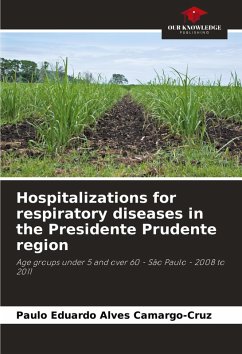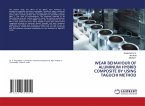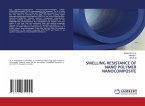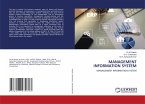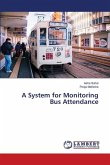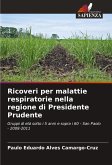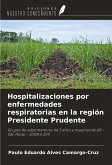Burning sugar cane for harvesting is done to make the work of cutting easier, among other things. The burning of sugar cane and its effects on communities are the subject of several studies in the field of public health. The focus of this work was to study, using different methods, the relationship between sugar cane burning and the incidence of respiratory diseases in the mesoregion of Presidente Prudente, in the west of the state of São Paulo, and to verify the evolution of burning and sugar cane production in the region between 2008 and 2011. The methods used (composition of a geographic database with the variables, data analysis, maps and spatial statistical analysis with data on fires, hectares of sugar cane harvested with burning and hospitalizations) resulted in the finding of different health impacts due to burning and the identification of spatial clusters. Sugarcane production has increased in the region in recent years, consequently increasing the amount of burning, contrary to the legislation. An area was identified in the northern part of the territory studied that is more vulnerable to air pollution, with a higher incidence of hospitalizations.
Bitte wählen Sie Ihr Anliegen aus.
Rechnungen
Retourenschein anfordern
Bestellstatus
Storno

